Why Ireland is the most pro-Palestinian nation in Europe By Niamh Kennedy and Eoin McSweeney, CNN
Ireland announced this week it would file its intervention, adding to growing international pressure on Benjamin Netanyahu’s government to dial back its devastating assault on Gaza and end severe restrictions on food aid pushing Palestinians toward famine.
In a speech on Wednesday, Irish Foreign Minister Micheál Martin said that both the Hamas October 7 attack in Israel and Israel’s war in Gaza “represents the blatant violation of international law on a mass scale.”
According to reports, Ireland is expected to include in its intervention the argument that Israel’s blocking of food aid to Gaza could be considered an act of genocide.
A ‘shared colonial experience’
Ireland’s position on the Israel-Hamas conflict has made it an outlier among European governments. Zoë Lawlor, who leads the Irish Palestine Solidarity Campaign (IPSC), said there was “deep empathy and sympathy in Ireland with Palestinian people.”
That solidarity is largely born out of a shared experience of subjugation by an occupying state. The island nation was under English and then British rule for more than 800 years, after Anglo-Norman invaders seized huge stretches of land from the native Irish in the 12th Century.
“Ireland was Britain’s oldest colony,” said Jane Ohlmeyer, a history professor at Trinity College Dublin, pointing out that Ireland was unlike other Western European states, many of which were themselves imperial powers.
“But like Palestine, (Ireland) had direct and sustained experience of imperialism,” she said. That “shared colonial experience” between the Irish and Palestinians “has undoubtedly shaped how people from Ireland engage with post-colonial conflicts.”
While under British control, Ireland was often subjected to violent and discriminatory rule from London, most infamously with the Great Potato Famine in the 1840s, during which roughly 1 million people are estimated to have died from hunger after the potato crop repeatedly failed. The failure of the British government to adequately help the starving population forced over 1 million more to emigrate.
Leo Varadkar, who recently resigned as prime minister of Ireland, alluded to that during St. Patrick’s Day commemorations at the White House this month, when he drew parallels between the Irish and Palestinian experiences.
“Leaders often ask me why the Irish have such empathy for the Palestinian people. And the answer is simple: We see our history in their eyes,” Varadkar said. “A story of displacement, of dispossession, national identity questioned or denied, forced emigration, discrimination, and now, hunger.”
Jilan Wahba Abdalmajid, the Palestinian ambassador to Ireland, says Irish support comes from a history of shared experiences.
“This historical background that the Irish people themselves endured… they know exactly what’s the meaning of occupation, colonization, oppression, dispossession,” she told CNN. The Irish “know how the Palestinians feel when now we reach this degree” of hunger.
NGOs and top international human rights officials have warned that Israel’s restrictions on the entry of food aid will tip Gaza into famine. This month, the UN human rights chief, Volker Turk, said the practice may amount to using starvation as a weapon of war.
After many failed attempts to regain its sovereignty, both violent and peaceful, Ireland was partitioned by the British in 1921. Part of the province of Ulster in the north of the island remained in the United Kingdom as Northern Ireland. The remaining territory left the union a year later, becoming known as the Irish Free State and later the Republic of Ireland.
Ohlmeyer contends that Ireland “provided the template for partition” in historic Palestine in 1948.
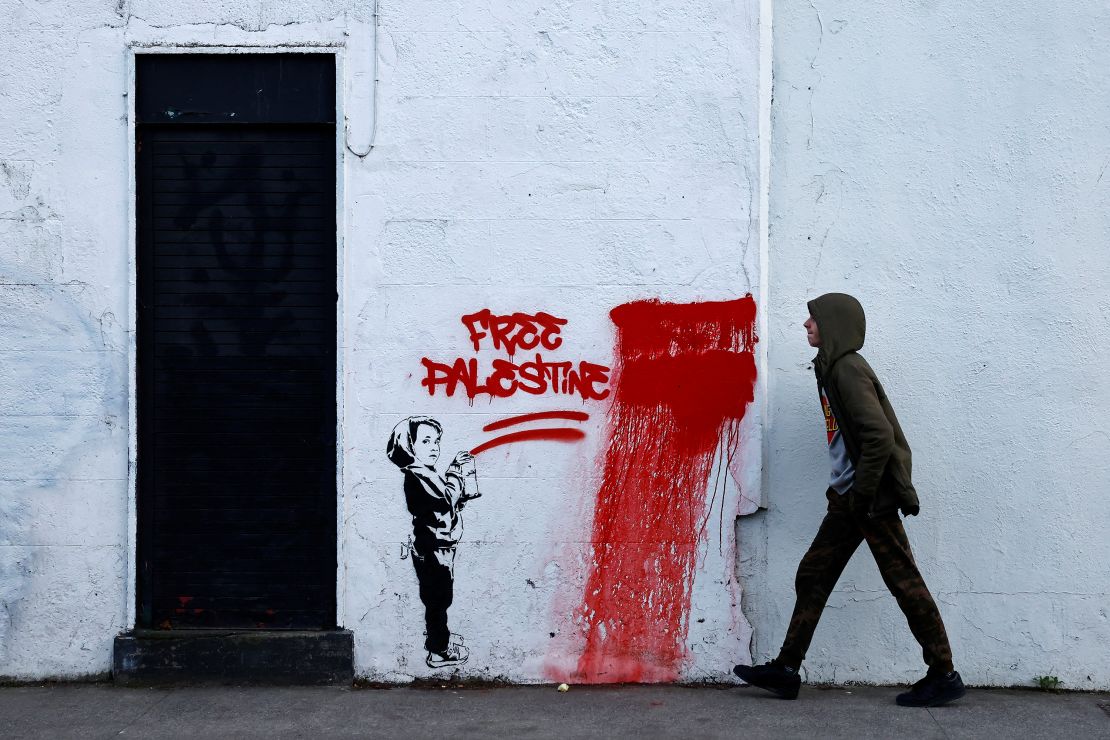
Both partitions were created largely along religious lines. Ulster was famously referred to as a “Protestant state for a Protestant people” after its inception in 1921. In 1917, the British government declared there should be “a national home for the Jewish people” within historic Palestine. The United Nations presented a plan in 1947 to partition the land between Arabs and Jews, which the Palestinians rejected.
Ronald Storrs, the first British governor of Jerusalem, described the plan for a Jewish homeland in Palestine as “a little loyal Jewish Ulster in a sea of potentially hostile Arabism.”
Decades later, it was the Israeli occupation of the remainder of historic Palestine from 1967 onward that “consolidated Irish political and popular opinion behind the Palestinian cause,” author and historian Seán Gannon told CNN.
During and after the 30 years of sectarian violence in Northern Ireland, known as the Troubles, the Palestinians’ struggle for liberation was seen by its residents through the prism of their own conflict. Republican Irish nationalists, campaigning to split from the UK, generally sympathized with Palestinians. British loyalists and unionists in Northern Ireland typically sided with Israel.
In 1980, the Republic of Ireland became the first European Union member to declare a need for an independent Palestinian state and has since pushed for a two-state solution. The Irish government describes peace in the Middle East as a “key foreign policy priority” and blames Israeli policies for “making peace more and more difficult to achieve.”
Palestinians a ‘domestic issue’ in Ireland
Ireland consistently criticized Israeli policies in the West Bank and Gaza before the Hamas attacks on October 7, and since then, politicians and the public have expressed concern over what has been largely viewed as a heavy-handed Israeli response.
Simon Harris, the country’s new prime minister, is unlikely to take a softer stance. Ireland’s youngest-ever leader highlighted the impact of the war on children in a speech to parliament in November, remarking: “You cannot build peace on the mass graves of children.”
Israel has not shied away from firing back at Ireland. Its heritage minister, Amihai Eliyahu, said in November that Palestinians in Gaza “can go to Ireland or deserts,” among other incendiary comments that Netanyahu has tried to distance himself from. In February, Israel’s ambassador to Ireland, Dana Erlich, said in an interview with radio station Newstalk that she only heard a “one-sided view, portraying Israel as the only villain.”
When Emily Hand, an Irish-Israeli girl, was released by Hamas after being held hostage for 50 days, Varadkar’s subsequent post on X saying she had been “lost” caused an uproar in Israel.
The Irish ambassador was summoned to the Israeli foreign ministry, with Foreign Minister Eli Cohen accusing Varadkar of losing his “moral compass” and needing a “reality check.”
Opposition parties in Ireland have taken an even stronger stance than the government, particularly Sinn Féin, a party that supports the reunification of Ireland and is active on both sides of the border. Its leader, Mary Lou McDonald, has said “Gaza cannot become the graveyard of international law,” and has at times called for the Israeli ambassador to be expelled.
“Ireland is one of the few countries where Palestine and Palestinian issues on the conflict is very much a domestic political issue,” Matt Carthy, Sinn Féin’s spokesperson on foreign affairs and defense, told CNN. “There has been an amount of pressure being put on the Irish government to be in the first instance very strong in its rhetoric.”
A galvanized population
Public support for the Palestinians has been put on display during nationwide demonstrations that have been held in cities and towns across Ireland since the Gaza war began.
“Sometimes, in all the roads in all the cities, I see the Palestinian flag,” said Abdalmajid, the ambassador. “It’s something that tells the Palestinians you are not alone in this world; there are other people in this world who know (how) you’re suffering.”
Lawlor, from the Irish Palestine Solidarity Campaign, has participated in demonstrations for the past 25 weeks in either her home city of Limerick or the capital, Dublin.
“What we’re seeing in Gaza has really mobilized people to an extent I have never seen,” she said. “We’re a population that also had a famine imposed on us by a colonizing power. So, I think that’s very resonant with people here.”
A January Amnesty International poll showed that 71% of people in Ireland believed Palestinians were living under an apartheid regime, while a poll in the Irish Times in Februrary showed 62% believed Israel’s attacks on Gaza were not justified.
For activists like Lawlor and the opposition Sinn Féin, the Irish government’s intervention at the ICJ was long overdue.
“Our experience of the peace process and our experience of the importance of international solidarity and interventions has made us acutely aware that this isn’t something we can just sit back and watch on our TV screens,” said Carthy.
“I do not think it is appropriate that a country like Ireland would have diplomatic relations with the State of Israel as it would with other states that aren’t in gross violation of international law,” he added. “And I think it would be a meaningful measure that the Irish government could take to expel the Israeli ambassador until the onslaught on Gaza is ended.”
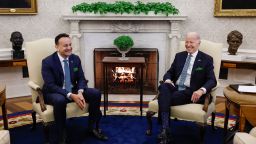
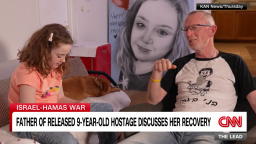
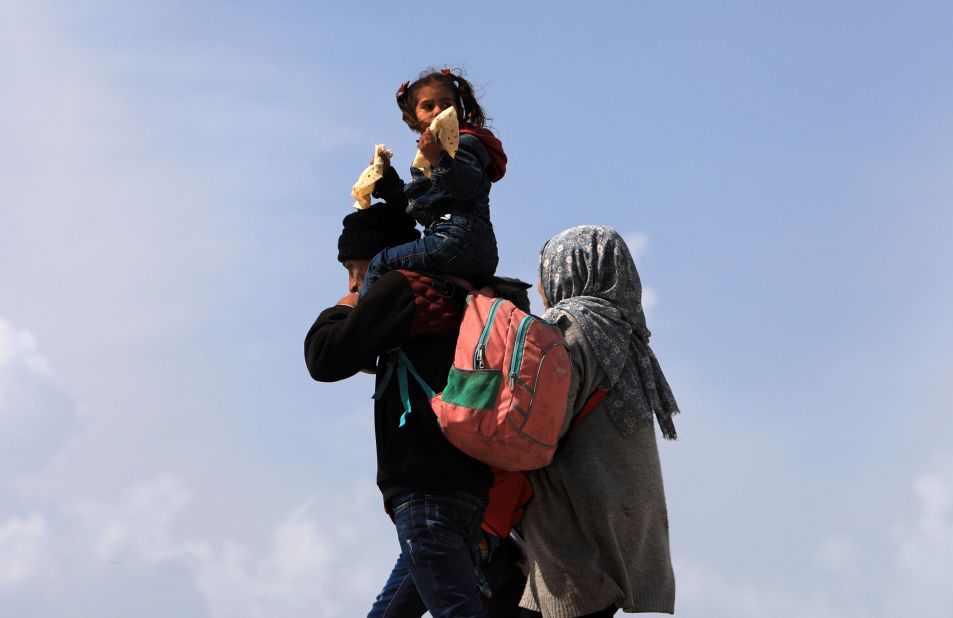
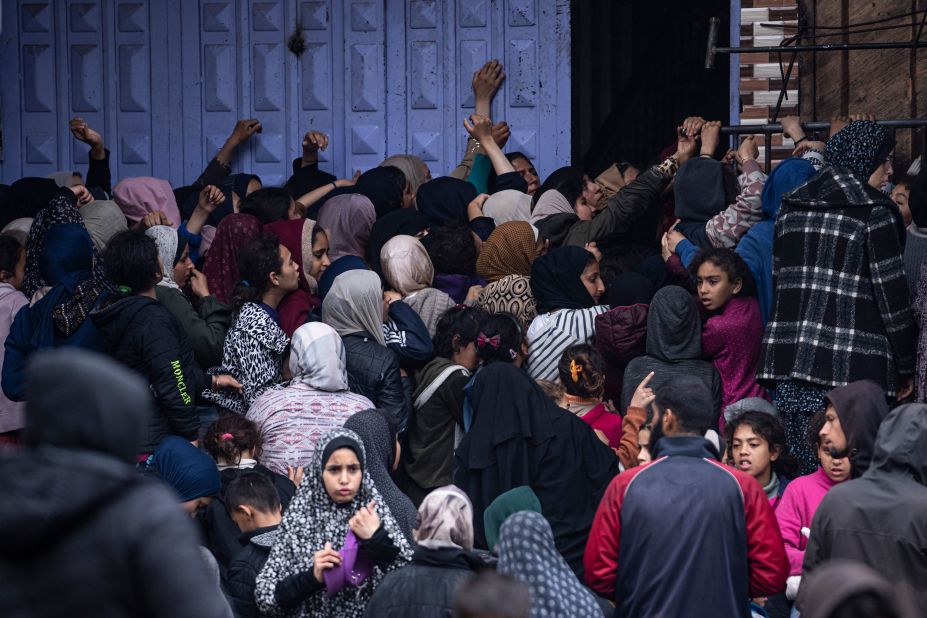
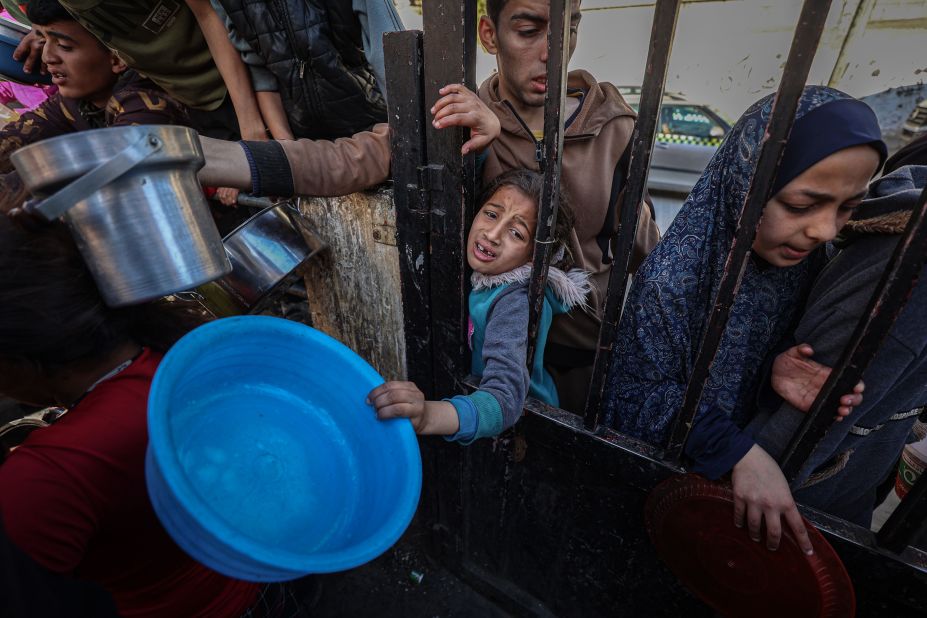
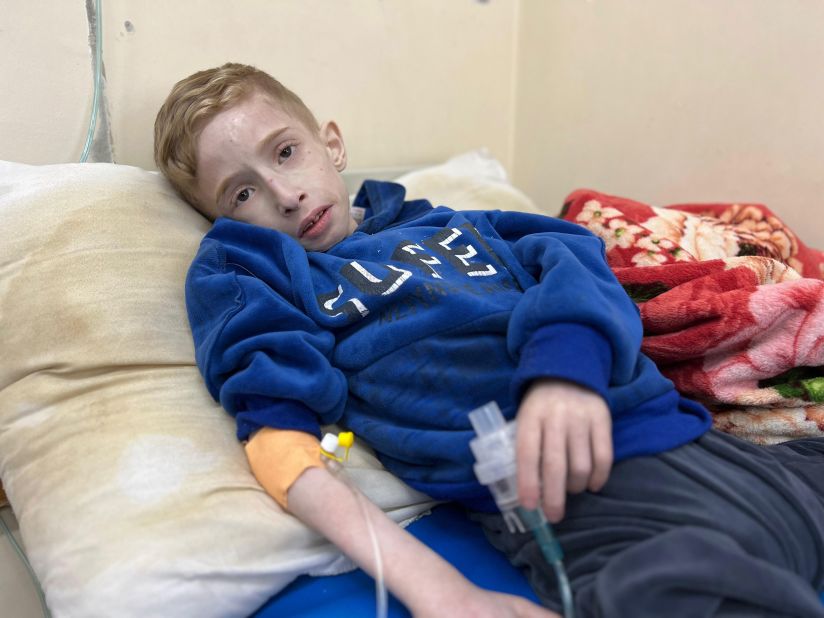
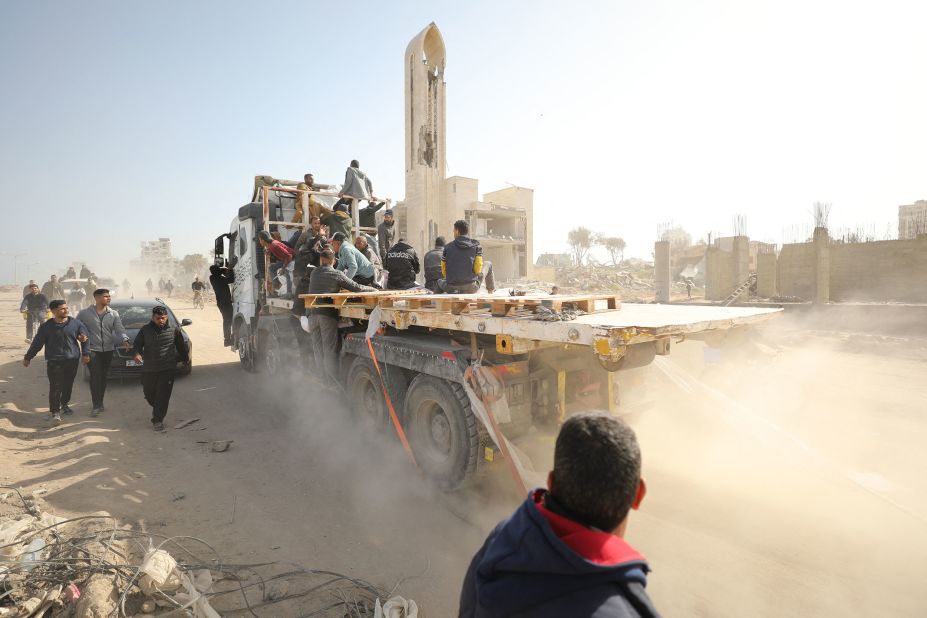
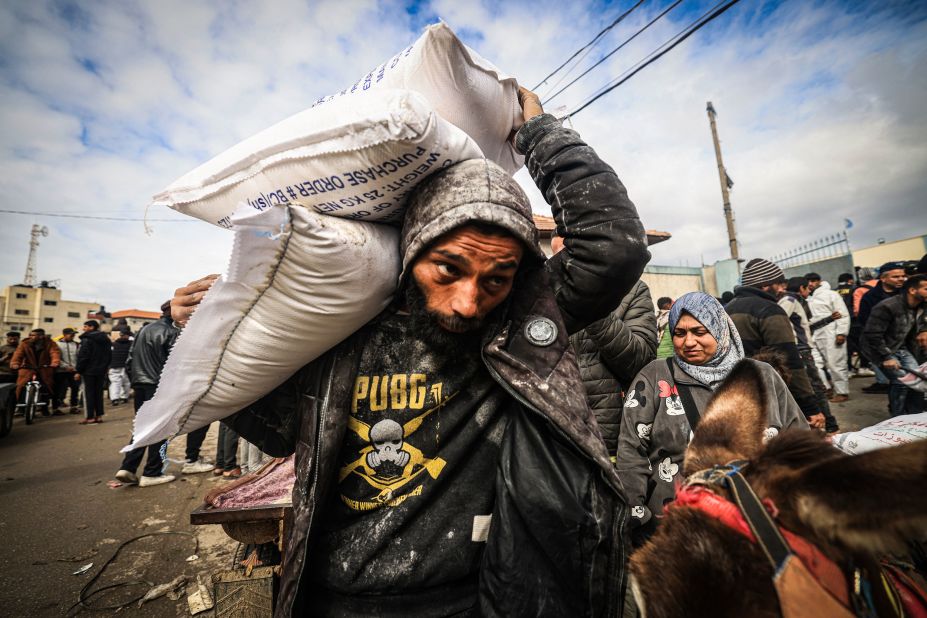
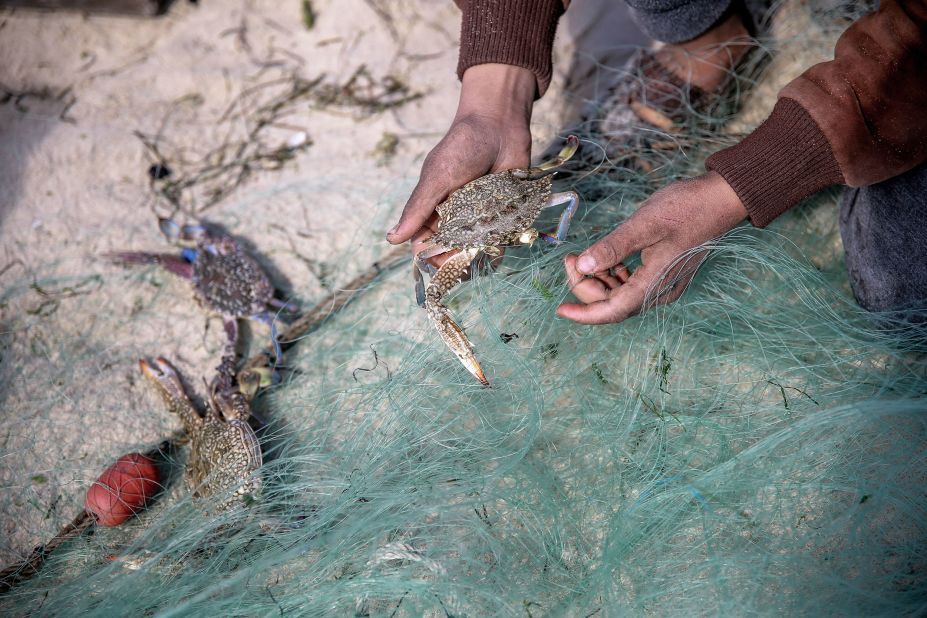
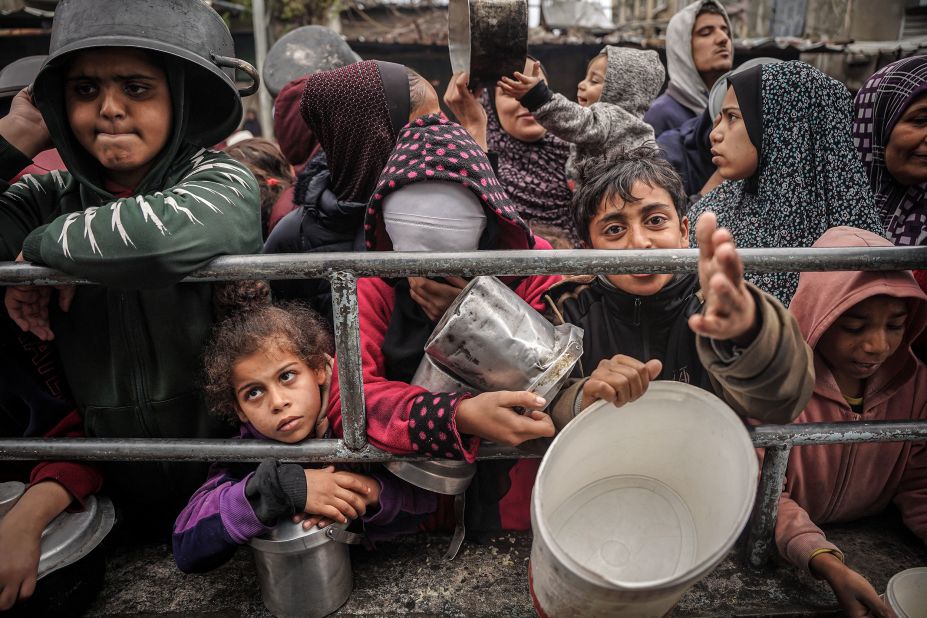
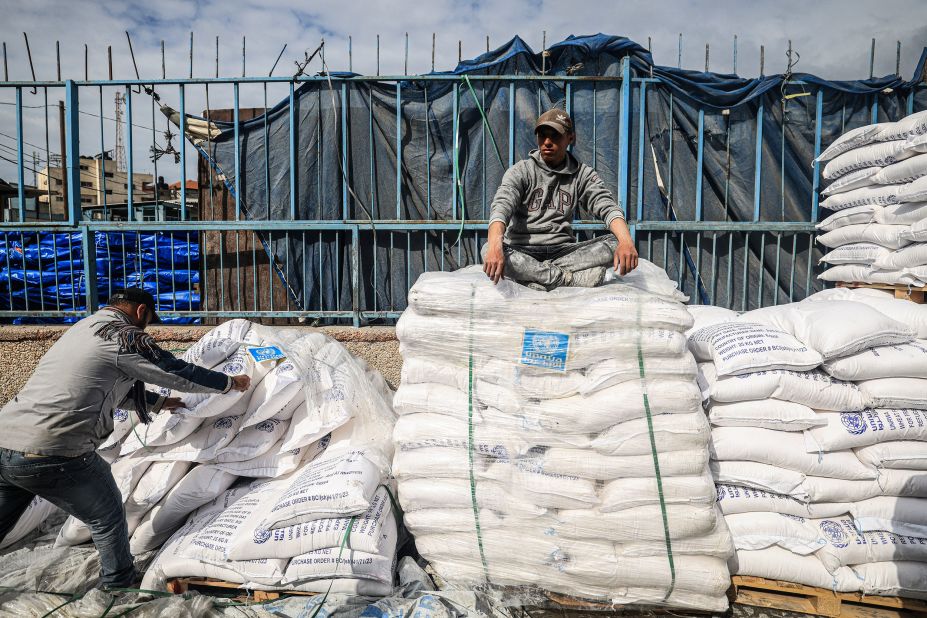
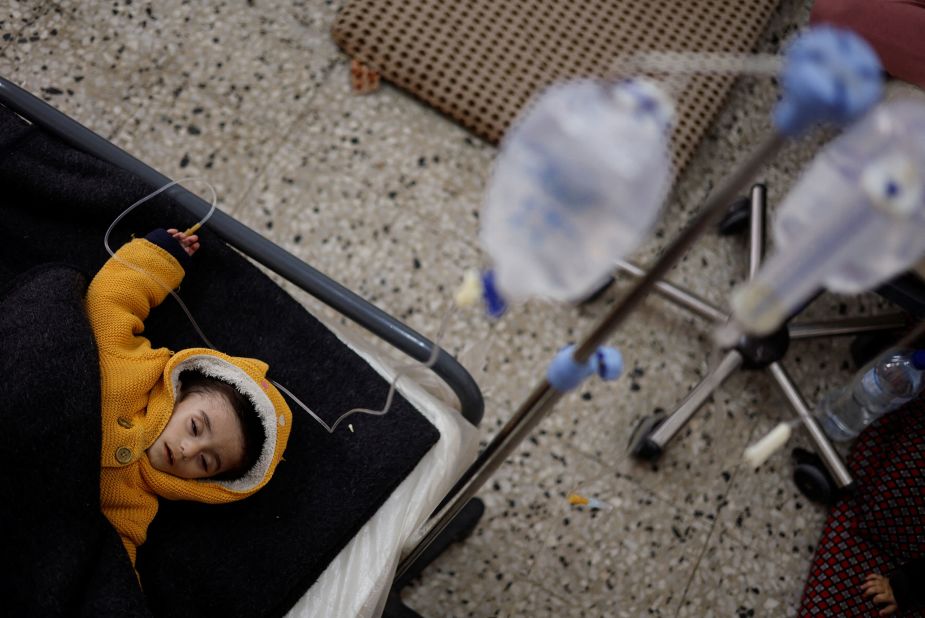
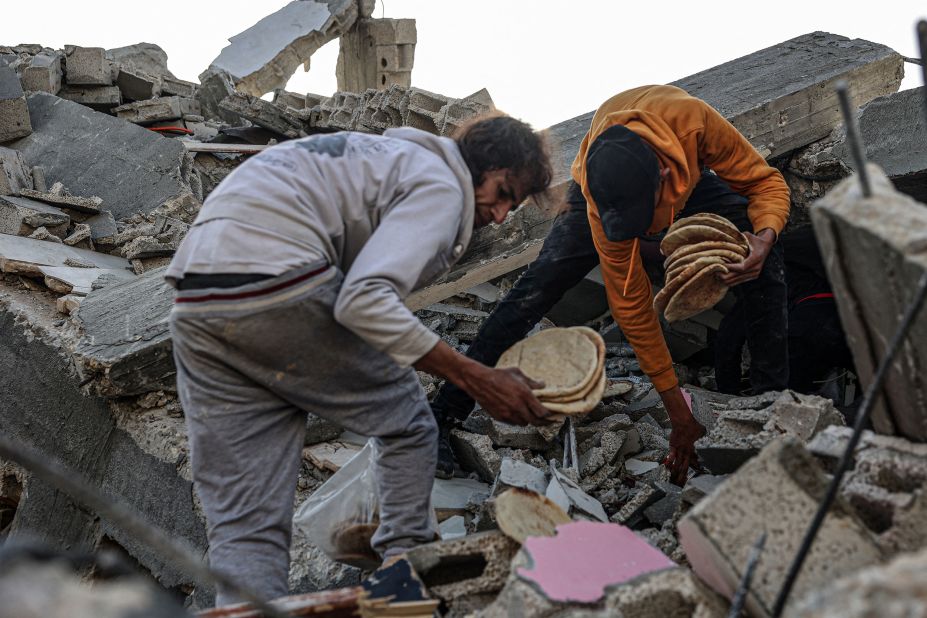
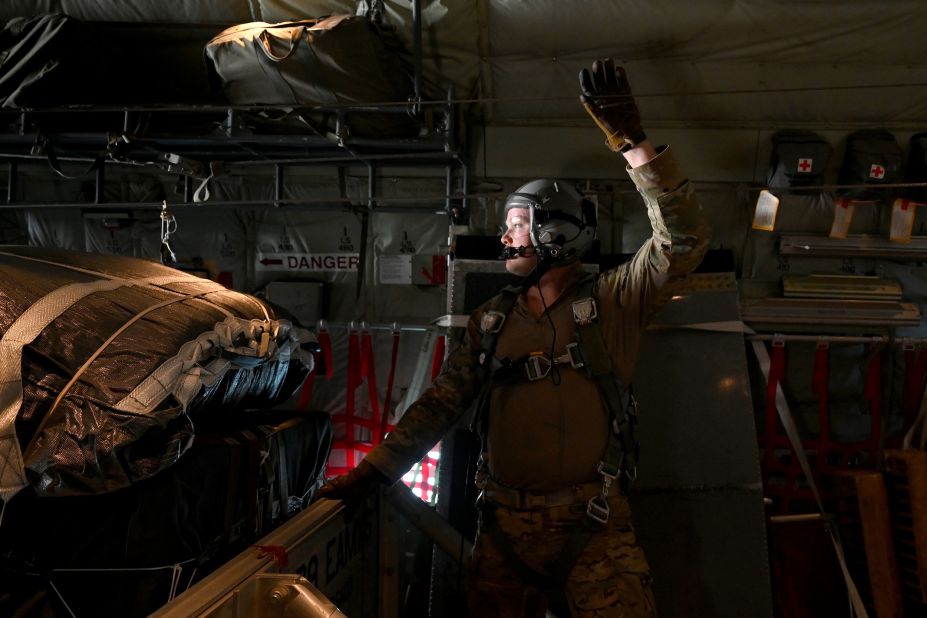
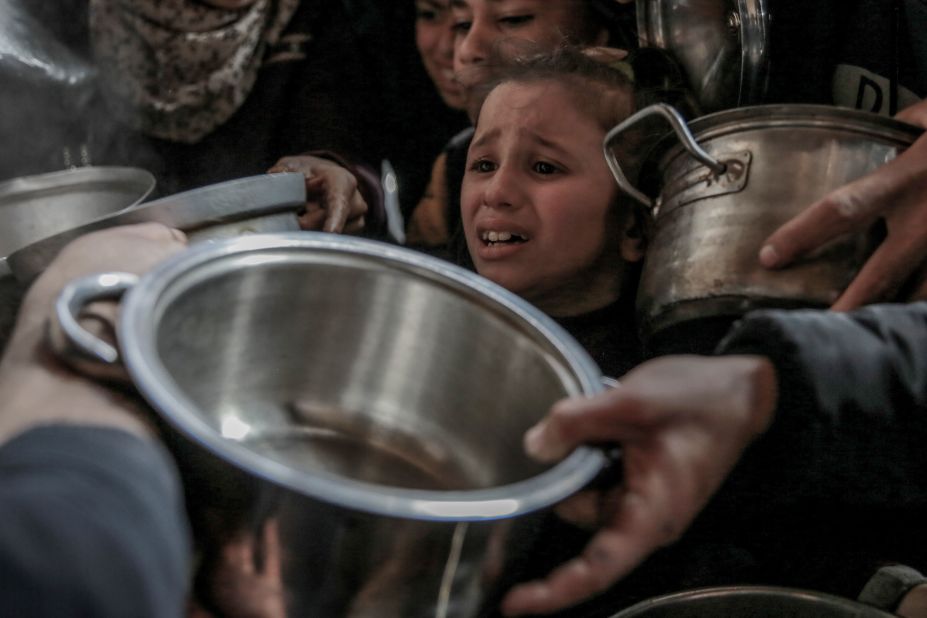
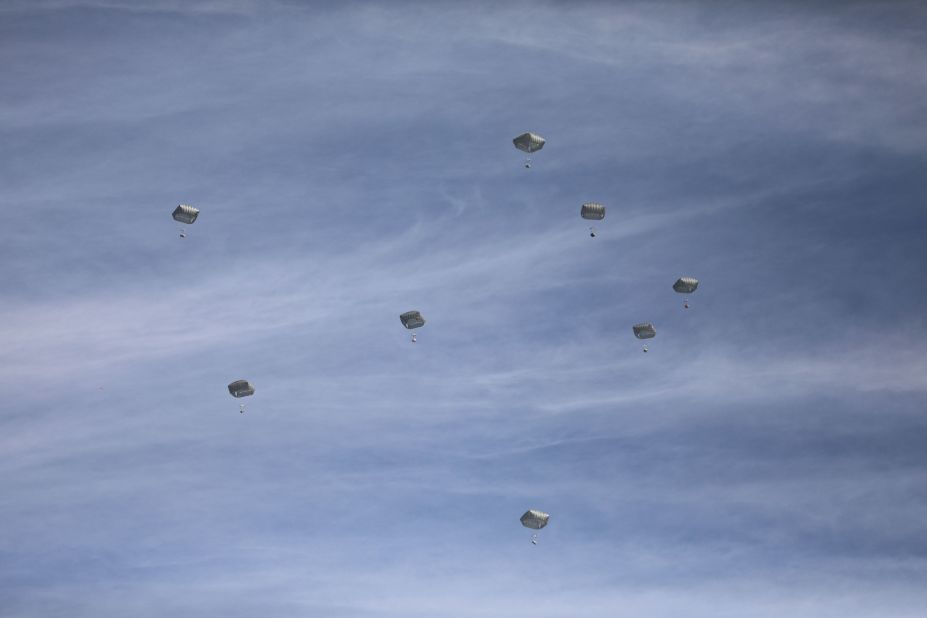
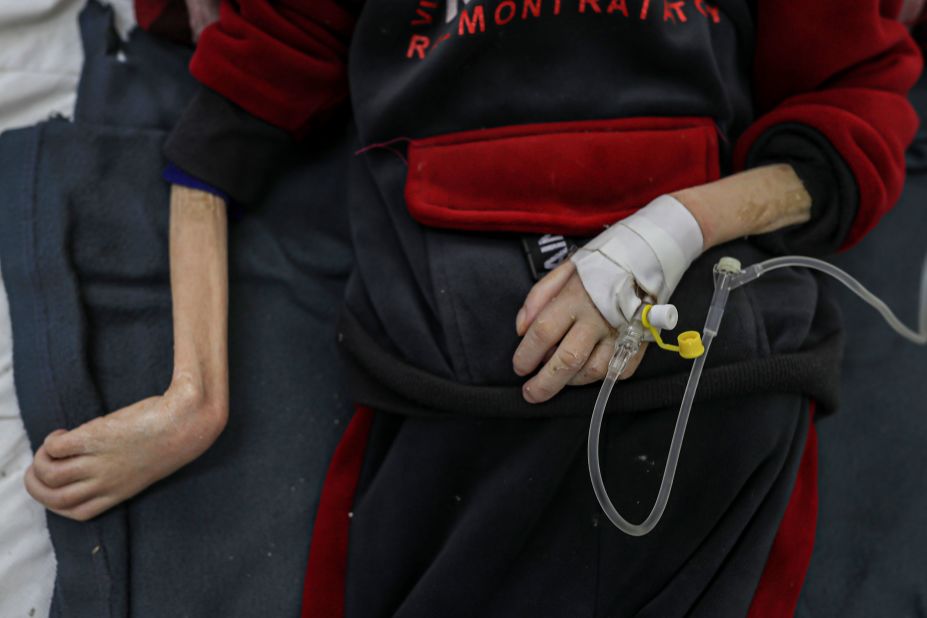
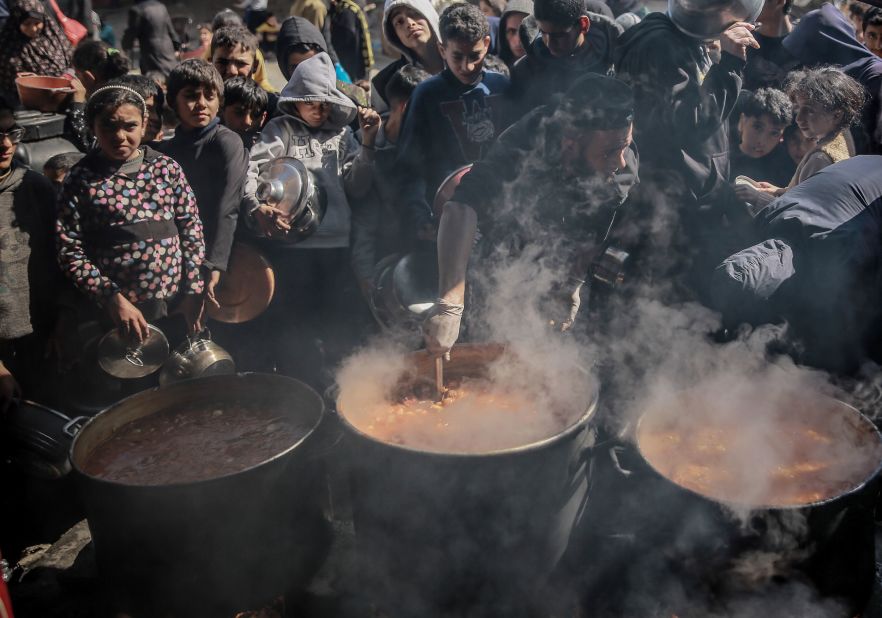
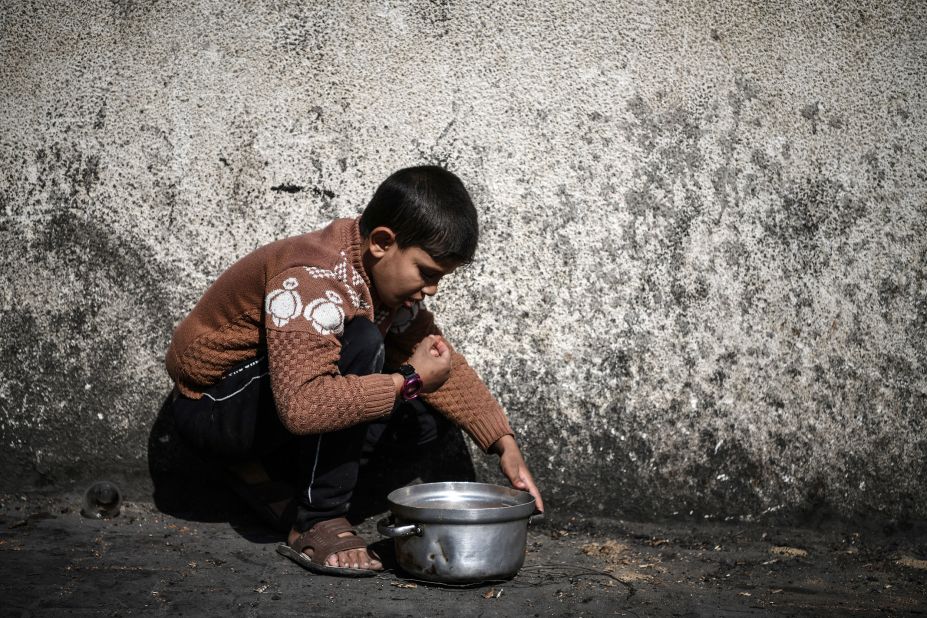
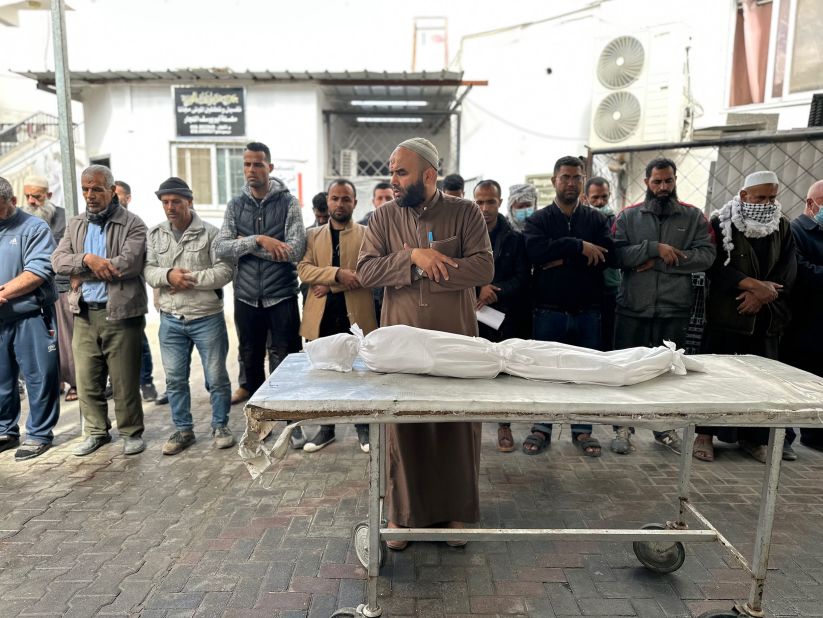
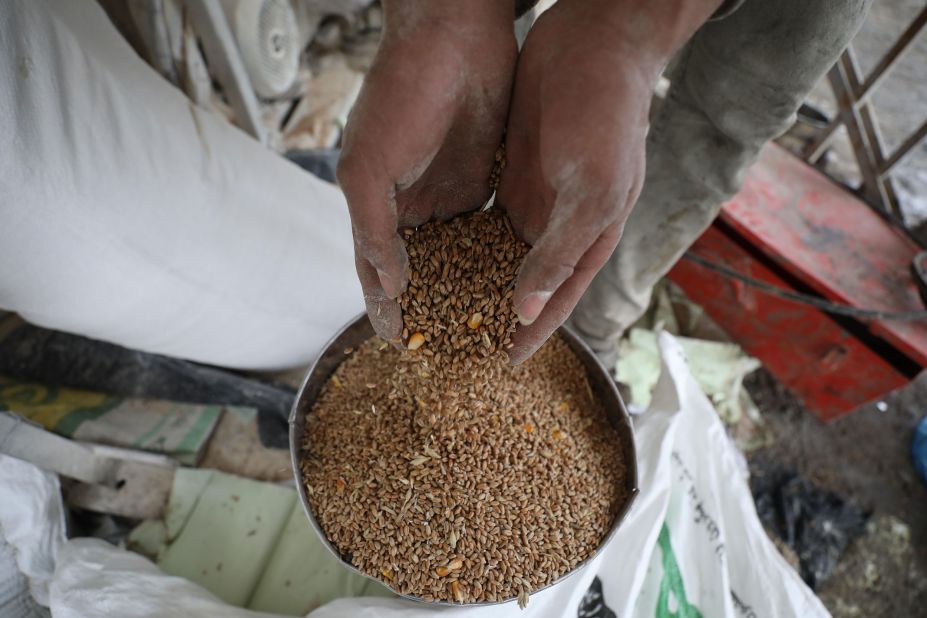
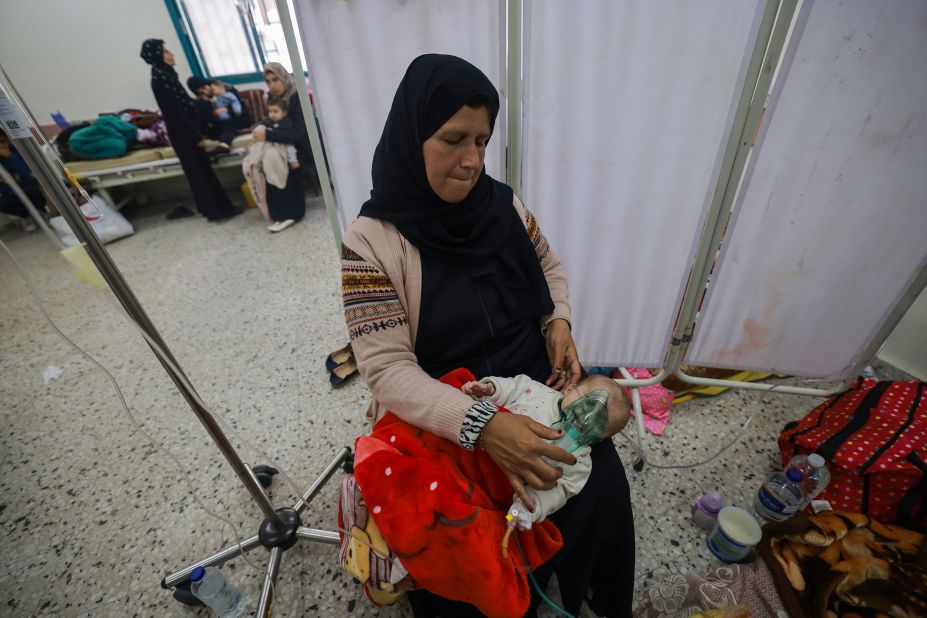
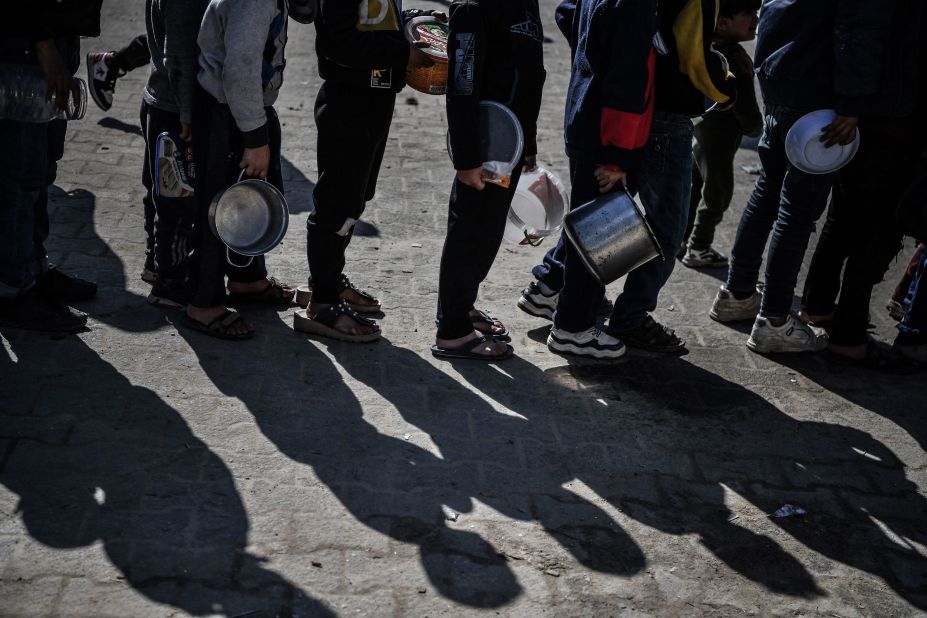
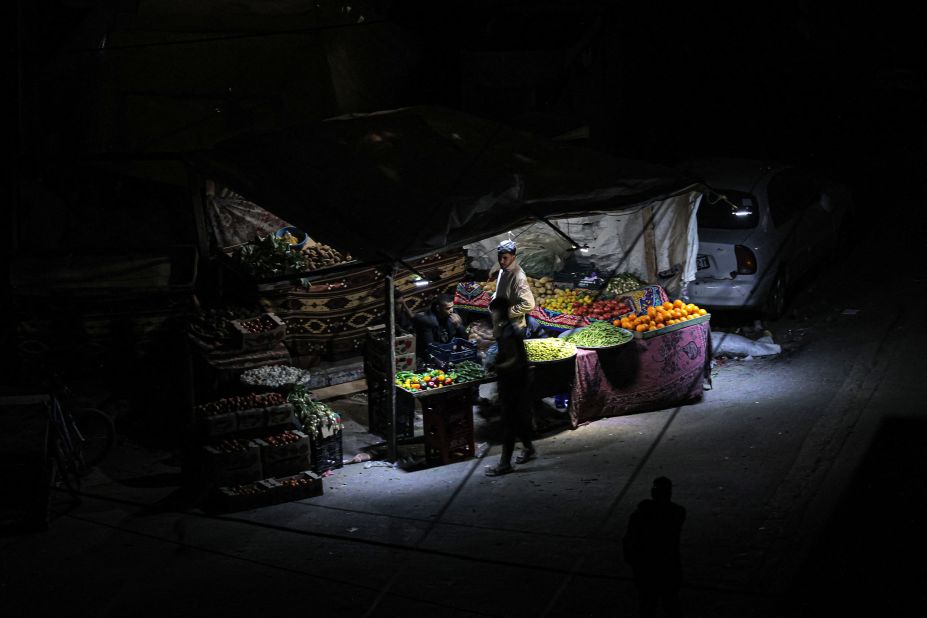
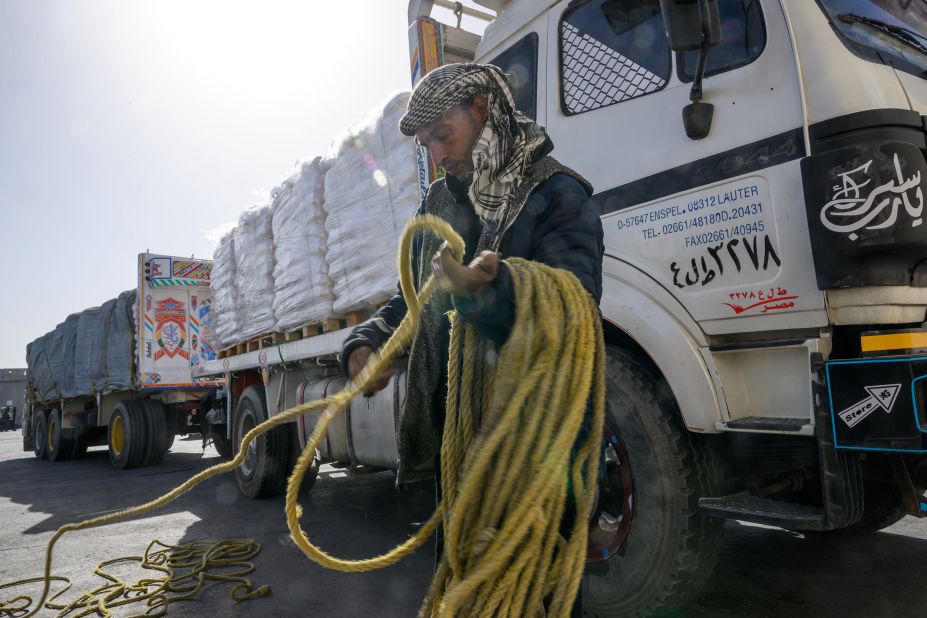
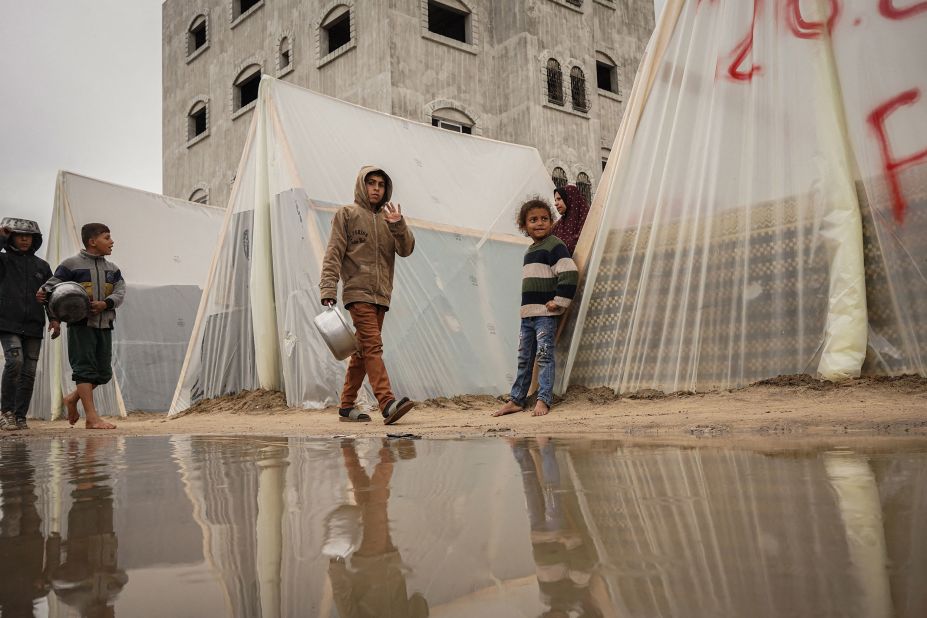
Comments
Post a Comment